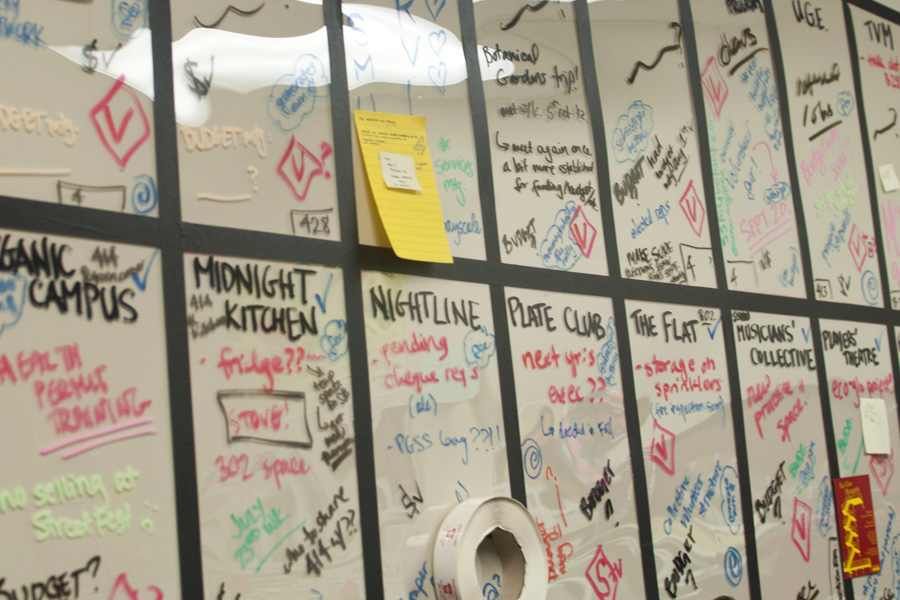While students around the world have begun to adjust to the new normal of online classes and socially-distanced gatherings, the COVID-19 pandemic still affects almost every aspect of our lives. In particular, the pandemic has impacted student’s social interactions, including their ability to participate in clubs and societies. Activities night, held on Sept. 9 and 10, transitioned from being a gym jam-packed with booths into an online portal where students could sign up to interact with the clubs they were interested in.
Student-run clubs not only serve as convenient ways for students to meet others with similar interests, but also create opportunities for students to escape their daily class schedules. Furthermore, clubs serve as ways for students to help their communities or be exposed to and work within more specific fields.
MEDLIFE McGill, a club dedicated to advocating for accessible education and healthcare globally, is one of many student organizations impacted by COVID-19. MEDLIFE McGill’s Vice-President of Finance and Sponsorship Elise Goncalves explained how McGill’s transition to online learning has affected the club from running as it once had.
“Our meetings have gone online,” Goncalves said. “We use Slack to talk to each other and regular Zoom meetings to keep each other up-to-date, [whereas], we used to hand [out] flyers […] and set up booths on campus to raise awareness for our cause.”
One of the more notable barriers to the club has been the lack of opportunities for outreach, as the only readily available communication tools are Facebook and Instagram. This has made it more difficult for MEDLIFE McGill to collect donations, as normal fundraising activities are not feasible due to COVID-19 regulations.
There have, however, been some positive aspects to the transition to online platforms. MEDLIFE McGill hosted an online Q&A session in which students were able to ask questions relating to the club. In addition, MEDLIFE McGill also hosted an Instagram fundraiser, where team executives completed challenges to reach fundraising goals.
Krista Mahler, the co-chair of McGill Students for UN Women, explained how their fundraisers were similarly affected by the move to virtual resources.
“We have been trying to accustom our club [members] to virtual changes,” Mahler said. “We will hold events and panel discussions online. It has been hard to generate money for the club itself, including being able to donate our money. Moving forward, [McGill Students for UN Women] will be doing virtual volunteer work, like sending letters out to women’s shelters, particularly Chez Doris, to create ties and inspire them.”
Another organization that has been affected by the COVID-19 pandemic is Desautels Management Achievement Awards (DMAA). Kaitlyn Lynch, the director of Marketing, expressed that DMAA would be forced to reconsider how it would host events.
“Our club works towards having an event in February, an award ceremony, which was held at the Four Seasons [hotel] last year,” Lynch said. “We don’t know whether or not that is going to happen in-person yet. We have been looking at alternatives for the event and [whether we will] still be able to get sponsorship money to hold this event, but right now it is all up in the air.”
Although the pandemic forced student clubs to implement new methods of outreach, it is not all negative. The silver lining comes from developing more creative strategies that can reach a wider audience, such as the use of listservs, social media, and online events. Online meetings and events also allow students to avoid commuting to campus, and makes it more convenient and easier for students to get involved. It remains to be seen if these strategies will continue after the pandemic and as life returns back to normal.








